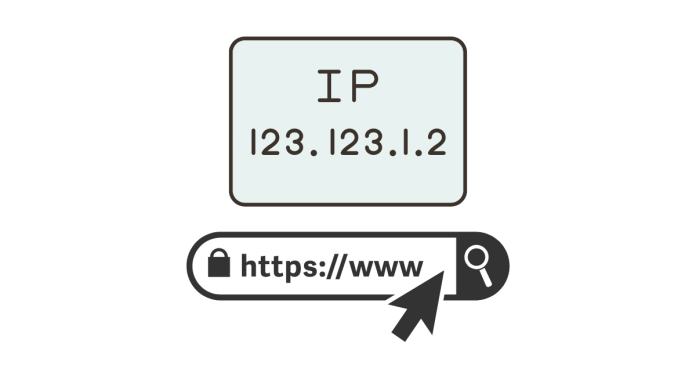Key Differences Table
| Feature | Static IP Address | Dynamic IP Address |
|---|---|---|
| Assignment | Manually configured | Automatically assigned via DHCP |
| IP Changes | Fixed and does not change | Changes periodically |
| Cost | Higher cost | Lower cost |
| Ease of Use | Requires manual setup | Easy to use, no manual setup needed |
| Security | More vulnerable to tracking | More secure due to changing IP |
| Best For | Servers, hosting, remote access | Home users, temporary connections |
An IP (Internet Protocol) address is a unique identifier assigned to a device in a network. These IP addresses can be static or dynamic, depending on how they are assigned and managed. Here’s a comparison between the two:
Static IP Address
- Definition:
- A static IP address is a fixed, unchanging IP assigned to a device.
- It remains constant unless manually changed.
- Assignment:
- Manually configured by network administrators.
- Usage:
- Commonly used for servers, printers, and devices that need constant access, such as web hosting and email servers.
- Advantages:
- Reliable for remote access (e.g., hosting a website or server).
- Easier to configure port forwarding for specific applications.
- Better suited for stable and long-term connections.
- Disadvantages:
- Less secure because it is easier to track and target.
- Requires manual configuration, which can be time-consuming.
- Higher cost, as ISPs often charge extra for static IPs.
- Examples:
- Web servers, file servers, and networked printers.
Dynamic IP Address
- Definition:
- A dynamic IP address is assigned automatically by a DHCP (Dynamic Host Configuration Protocol) server and may change over time.
- Assignment:
- Automatically assigned by ISPs or routers.
- Usage:
- Commonly used for personal devices like laptops, smartphones, and home networks.
- Advantages:
- More secure as the IP changes frequently, making tracking harder.
- Requires no manual configuration; plug-and-play setup.
- Lower cost, often included in standard ISP plans.
- Disadvantages:
- Not suitable for hosting services or applications that need constant access.
- Frequent changes can disrupt remote access or connections.
- Examples:
- Personal computers, mobile devices, and IoT devices in home networks.
When to Use Static vs. Dynamic IP Addresses
- Static IP Address: Use when running a web server, VPN, or remote desktop that requires constant connectivity.
- Dynamic IP Address: Ideal for home users and casual browsing where a fixed address isn’t necessary.
Would you like more details about configuring static or dynamic IP addresses? 😊



